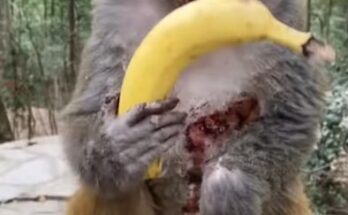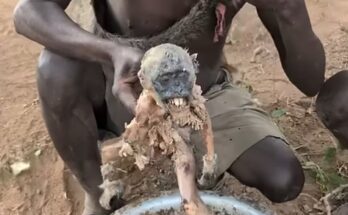In the heart of Tanzania’s Great Rift Valley lives one of the world’s last true hunter-gatherer communities—the Hadza tribe. Spending a day with them is like stepping back tens of thousands of years into humanity’s ancestral past. Among the most unforgettable experiences is joining the Hadza on a traditional monkey hunt, followed by a fire-cooked meal prepared using ancient techniques.
Before sunrise, a small group of Hadza men armed with handmade bows and poison-tipped arrows head deep into the forest. Their senses are razor-sharp, able to read tracks, sounds, and subtle signs of movement in the trees. The target: monkeys, a challenging but prized source of meat. The hunt is intense and requires stealth, speed, and teamwork. After several hours of silent pursuit and strategic positioning, one of the hunters makes a clean shot. The monkey falls, and the group quietly celebrates a successful hunt.
Returning to the camp, the Hadza immediately prepare for cooking. First, the monkey is singed over a fire to remove fur, then cleaned using sharpened stones. The meat is roasted over open flames, turning slowly on sticks. No spices, no pots—just ancient knowledge and nature’s tools.
As the meat cooks, the tribe gathers. There is no hierarchy when it comes to food—everyone shares. The meal is eaten with bare hands, right by the fire, accompanied by storytelling, laughter, and gratitude. The taste is smoky and gamey, valued more for the effort than the flavor.
Hunting and cooking a monkey with the Hadza is not just a survival routine—it’s a deep cultural ritual. It reveals the essence of a lifestyle rooted in balance with nature, untouched by modern conveniences. It’s raw,real, and deeply human.


